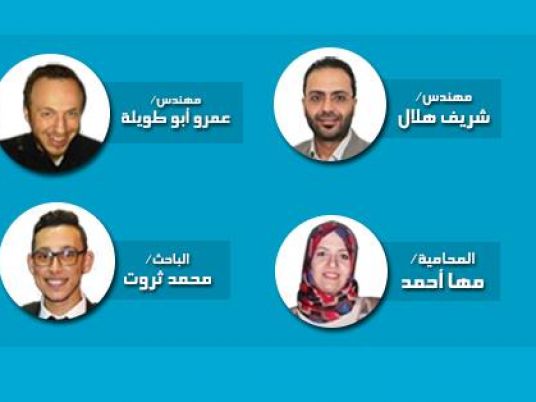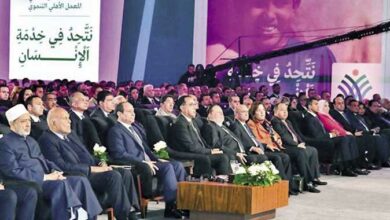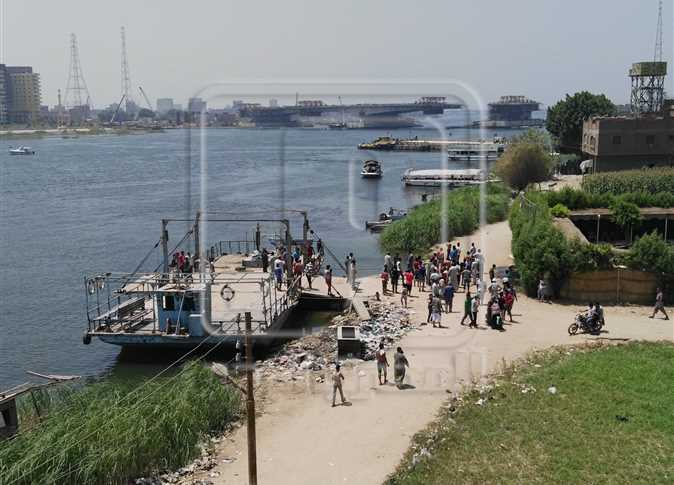
The Egyptian Commissioner for Rights and Freedom (ECRF) has denounced what it says is its persecution after Egyptian security forces arrested four of its employees on Saturday as they were conducting a field survey in the Khosous neighborhood of the Qalyubia province.
Authorities charged them with “collecting information without permission” and “working for unknown organizations,” ECRF said.
The four workers, consisting of two engineers, a lawyer and a researcher, were doing a survey on the housing situation and working on a plan to develop the neighborhood, with the participation of the residents, to be presented to the concerned authorities in order to develop the slums.
The ECRF called on the security forces to immediately release the employees and facilitate the researchers' work towards improving Egyptian living standards.
In January, ECRF submitted a legal registration, which would give the organization legal status, under the name of the Egyptian Movement for Rights and Freedoms to the Social Solidarity Ministry and has still not received a response, , according to the NGO law No. 84 of 2002.
ECRF condemned security forces for their persecution of activists and employees in the human rights field, emphasizing that this detention is nothing but a crackdown on NGOs. "The security's suppression doesn’t only happen with NGO employees but it extends to lawyers too, who are arrested and detained from courts and police stations while doing their job," a statement released by ECRF said.
The statement explained, "It means that the current regime is curbing whoever works in law and human rights in the Egyptian society, which harms the state’s interest and endorsement of justice."
This case, says the Association for Freedom of Thought and Expression (AFTE), has unveiled a common problem faced by hundreds of social science researchers on a daily basis during activities relate to field research, which depend on collecting information and data directly from the targeted samples they study.
AFTE believes the current regime is violating the freedom of scientific research provided in article (66) of the 2014 Egyptian Constitution, which states that "the freedom of scientific research is guaranteed” and the state must support researchers.
A wave of crackdowns on civil society
“There are very clear attempts by the government to eliminate human rights work in Egypt at a time of some of the worst human rights violations,” Mohamed Zaree, program director at the Cairo Institute for Human Rights Studies told Washington Post in May.
Moreover, the government released a travel ban against some NGO employees. As in December 2014, authorities banned employees of the Egyptian Democratic Academy from travel though the NGO filed a registration application with authorities last fall. The EDA has spent weeks trying to find out what the reasons for the travel ban are, and found out it was in the shadow of some alleged accusations against the civil society in general.
“To ensure they are not working against the nation’s interests and security” was the reason declared by the authorities to raise pressure on civil society organizations.
In mid-June, 10 international human rights organizations, including Amnesty international, released a joint statement condemning the Egyptian authorities' increasing pressure and crackdown on independent NGOs that receive foreign funding or have criticized government policies.
"Independent groups have already been subjected to continuing harassment and ordered to comply with an onerous law on associations that dates to the rule of former President Hosni Mubarak," the statement said.




